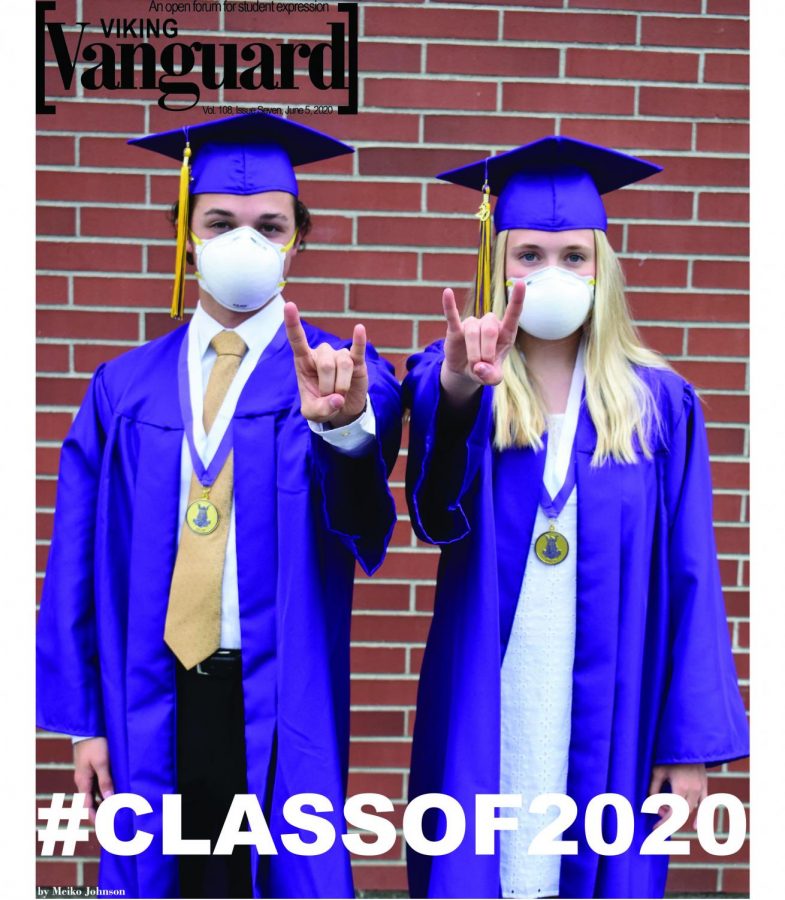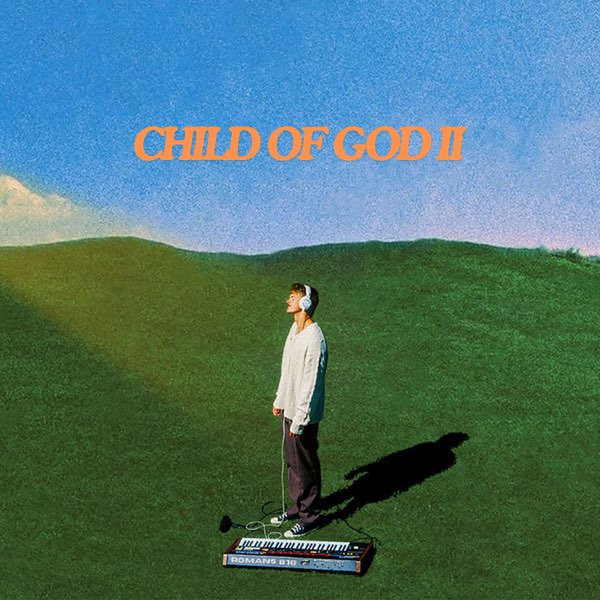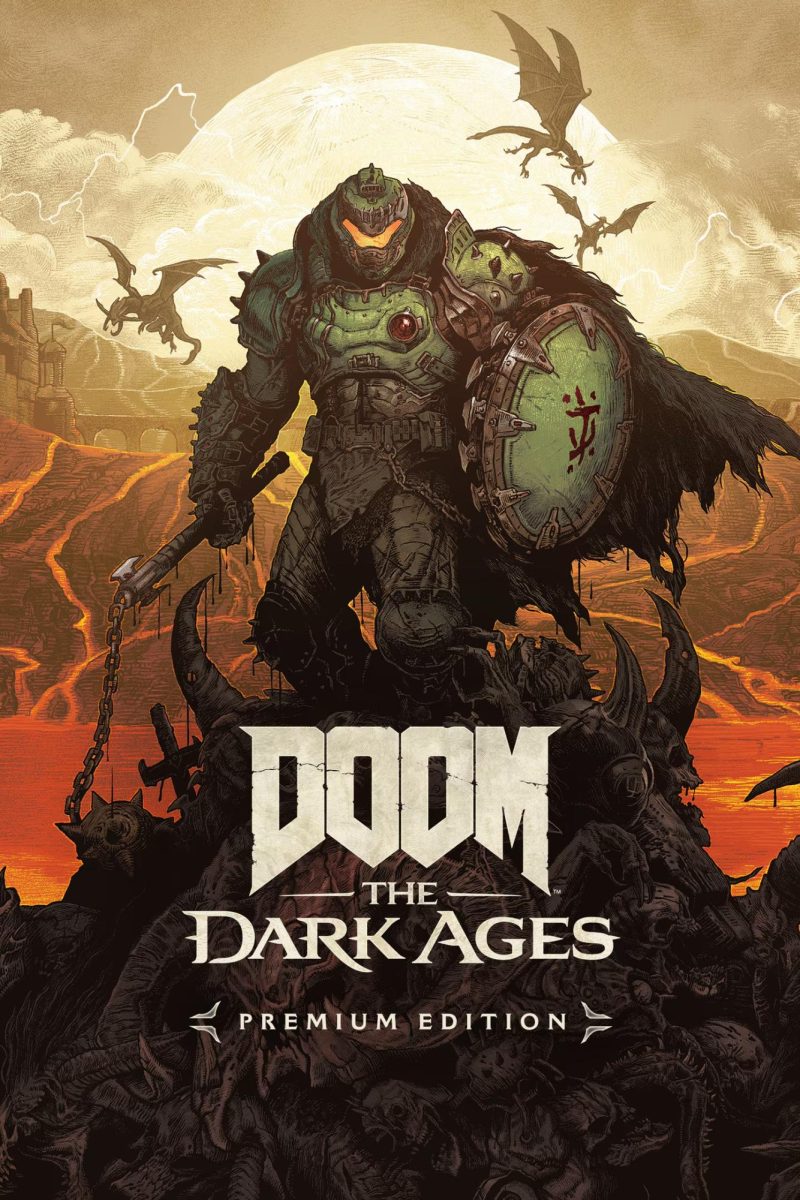While some with a platform sit idly when it comes to speaking up about social issues, British band The 1975 has recently been using their fame to shed a light on matters important to them. Though their early releases seldom do this, their status in the music industry has brought them to make this change, showing their development as a band not only socially but musically as well. The broad array of styles in their songs have evolved over time as they crafted their sound. Since forming almost eighteen years ago, the band has released four studio albums, one live collection and twelve singles. The band has been nominated for 40 awards including the Grammys, MTV and Teen Choice. The group has gone on numerous tours throughout North America, Europe, Asia and Australasia during their career. Inspired by notes written on a copy of Jack Kerouac’s On The Road, lead singer Matthew Healy established the band’s current name. Alongside Healy in the band is guitarist Adam Hann, bassist Ross MacDonald and percussionist George Daniel. After their pop track “Chocolate” made its way to mainstream U.S. music radio stations in 2013, the band quickly began being known for their English roots, as well as their unique sound.
Their 2013 self-titled record encaptures a multitude of feelings with songs that largely focus on relationships. “The 1975,” a song that acts as an introduction to each studio album, starts out with a soft synthesizer (synth) rhythm that directs listeners to a vocally-powerful verse. The repetitive flow of the synth in the background promotes anticipation until the end of the song, which is signaled by a chime bell.
“Chocolate” begins with a catchy but subtle guitar melody that makes it fit to be the single of their debut. It almost makes sense why this launch followed with the band’s popularity– the slick and fluctuating tone of Healy’s voice is what makes the band so recognizable. With the minimal production sound entirely supported with bass, drums, guitar and vocals, this track is not too extravagant; it is simple but distinct. “Chocolate” exemplifies what audiences recall when they think of British pop-rock music.
A fan favorite, “Robbers,” was said by Healy to be inspired by Patricia Arquette’s character in dark mystery film True Romance, according to an interview with Clash Magazine. The tune emerges quiet at first with a muted guitar rhythm but soon crescendos with an appealing, strong strumming pattern that seams itself well into the background once the lead singer comes in– this time, his expression is somber and more emotional, contrasting to “The City” whose strong percussion beats and low-key guitar refrains make it an upbeat pop ballad. The bridge with “Robbers” catches Healy yelling out “Now everybody’s dead!” in desperation, complementing the song’s subject. The lyrics in “Robbers” carry a phrase that is forever iconic to fans of the band: “She had a face straight out of a magazine.” This lyric is frequently referenced in the band’s following records.
Nearly two and a half years after their self-titled premiere, The 1975 came back with “I Like It When You Sleep, for You Are So Beautiful Yet So Unaware of It” in 2016.
“The 1975,” the introductory track, commences with a faint electronic keyboard pulse but quickly gets surpassed over a long computerized note that almost can be compared to the likes of a Super Mario Brothers game sound. This extended sound abruptly ends, then the surroundings are briefly still and quiet, prompting both confusion and excitement. Like the previous intro, this also has an emphasis on vocals but it particularly inserts several harmonies to accompany the main voice until the unexpected conclusion.
The primary track, “Love Me,” erupts with high vivacity. A repetitive guitar rhythm echoes in and out of each ear and after the bass comes in, a vibrant synth melody becomes the focus point. The basis of the single can be summed up with the lyrics, “Love me, if that’s what you wanna do.” Through these words, as Healy told NME, he dismisses how the band’s fame has brought them attention within the music industry. He communicates this desire to connect with the fans despite being a celebrity. Unlike their self-titled album, “I Like It When You Sleep” embraces a further lively and spirited sound at its root.
“If I Believe You” is reminiscent of gospel music, as a percussion beat and bass line lays a solid foundation for the song’s main conflict: faith. Healy discusses the dispute: “I’ll be your child if you insist / I mean, if it was you that made my body / You probably shouldn’t have made me atheist.” As the beats proceed, voices in the background echo “Forgive me,” which serves as an emotional plea that illustrates one of the major changes between their debut and this arrangement. The use of other instruments additionally represents the band’s musical development. During the bridge, a trumpet solo is included which makes the matter feel comforting within its melancholic character.
Near the end of the tracklist is dream-like “This Must Be My Dream” with its young, romantic tones. The synth rhythm accompanied with drums provides a retro feel, while Healy’s voice drifts over the euphonies in the melody. While the lyrics appear favorable by singing about finding a girl he loves, it later transitions to moments of doubt and tension between the two. As the bridge continues with a playback of the singer’s scattered declarations, a small but catchy saxophone solo breaks the ice and provides an effortless shift into the chorus again, until Healy’s vision of the relationship ends with uncertainty.
Late last year, the band released their most recent studio album, “A Brief Inquiry Into Online Relationships.” This time, the track,“The 1975,” establishes a gentle piano line to accompany the vocalist’s mellow delivery. It soon transforms into a striking hook with harmonic melodies sung under a filter of electronic autotune, perhaps alluding to this record’s focus on technology and the Internet.
The bright single “Give Yourself a Try,” this collection’s foremost track, opens with a fast tempo and higher-pitched guitar melodies. The song’s inquiry, “Won’t you give yourself a try?” suggests that Healy wants fans to take a look at themselves as they change over time. In the lyrics, Healy constantly references his age and events he presumably went through at different times in his life to describe his personal change. The optimistic melody of the guitar feels empowering, as if the song is telling listeners to keep going.
A personal favorite from this album is “Sincerity Is Scary.” It addresses avoiding emotions through its jazz core, beginning with soft bass drum and cymbal hits combined with delicate trumpet cadences in the background. Healy’s smooth voice peaks through the trumpet symphonies, leading to the refrain which features an enchanting gospel choir. His velvet expression glides above the brass center and creates a calming and tranquil atmosphere to get lost into. The sound of “Sincerity Is Scary” varies from others like the disheartening “Love It If We Made It.”
Most unlike all the others previously mentioned is “I Couldn’t Be More In Love.” Despite being about a break-up, the way it is composed produces a sorrowful but hopeful feeling. While the lyrics are clearly sad (“But what about these feelings I’ve got? I couldn’t be more in love”), the inclusion of gospel singers in the chorus almost generates an illusion of happiness. The minimal use of production elements makes the song subtle and not too over the top; the bass rhythm provides a firm basis for Healy’s vocals to fall back on, and the electric guitar solo supplies a steady segue into the key change. The key change from flat to sharp (lower to higher pitch) also adds a positive vibe, as tunes that have a sharper key are typically more optimistic.
While the band’s fourth studio album is not expected to be released until next year, they have already unveiled “The 1975” as the intro track, which features an address by sixteen-year-old Swedish environmental activist Greta Thunberg, who speaks about the climate change catastrophe and encourages listeners to take action.
Additionally, the group has come out with the rock-infused “People.” Even though the band has never incorporated rock elements in any of their previous songs, “People” uses this energy to let listeners know what they want to say with Healy calling out, “Wake up / It’s Monday morning and we’ve only got a thousand of them left” in reference to climate change once more. While Healy has mentioned political topics in many of his other tracks, the way the messages are delivered through this rock genre and the screaming of lyrics makes the issue feel increasingly urgent.
Throughout the 1975’s discography, the band has utilized many genres of music ranging from pop to jazz. With a diverse sound, this allows a wider demographic of listeners to follow their music as they touch on a variety of topics through their lyrics.











